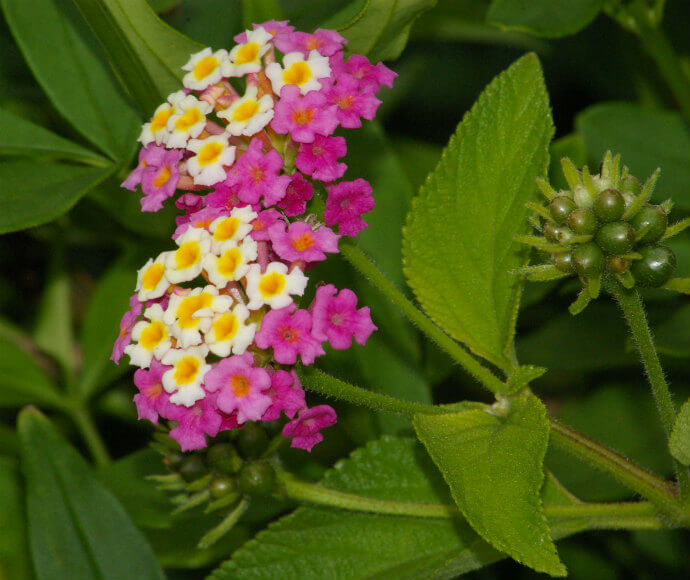Pest animals hunt native species and compete with them for food and shelter. They can also harm threatened plant species when they graze and trample native vegetation.
Weeds smother native plants or cover the ground, leaving no room for native plant species and the animals that depend on them to thrive.
Pest animals and weeds also cause financial losses to agriculture and other industries and can damage areas of cultural significance.
The impact of pest animals and weeds on biodiversity is second only to the clearing of native vegetation in terms of the number of species affected.
NSW Invasive Species Plan
The New South Wales Invasive Species Plan 2023–2028 provides the framework for the coordinated management of pest animals and weeds across New South Wales. The NSW Department of Primary Industries and Regional Development is the lead agency for this plan and the NSW Department of Climate Change, Energy, the Environment and Water works to implement the plan.
The New South Wales Invasive Species Plan has 4 goals:
- prevent the establishment of new invasive species
- eliminate or prevent the spread of new invasive species
- reduce the impacts of widespread invasive species
- ensure New South Wales has the ability and commitment to manage invasive species.
Actions recommended in the plan were developed to align with the reporting requirements for the NSW State of the Environment report.
How are we reducing the impacts of pest animals and weeds?
The Department of Climate Change, Energy, the Environment and Water develops policies and strategies for managing pest animals and weeds across New South Wales. Key areas of responsibility include:
- policy and planning
- strategy and program development
- pest animal and weed management on the national parks estate.
The management of pest animals and weeds in New South Wales is a strategic collaboration between government and communities. The department contributes through the development, coordination and reporting on programs that reduce the impacts of pest animals and weeds on biodiversity.
The Saving our Species program is a strategic initiative, coordinated by the department, to protect threatened species across New South Wales. To do this, Saving our Species develops specific strategies to address threats, including key threatening processes such as pest animals and weeds, that are detrimental to biodiversity.
The department also provides advice on best practice methods to reduce the impacts of pest animals and weeds on biodiversity and collaborates on cross-tenure strategies such as the Biodiversity Priorities for Widespread Weeds.
Read more about pest animal management in New South Wales.
Read more about weed management in New South Wales.
Pest animals and weeds in our national parks
In addition, as part of the department, the NSW National Parks and Wildlife Service (NPWS) works to reduce the impact of pest animals and weeds in our national parks. NPWS has developed specific regional pest management strategies, which are used to guide and implement best practice control and monitoring programs in national parks and reserves.
Report pests
Widespread pest animals should be reported to your Local Land Services.
Sightings of unusual animals should be reported to Department of Primary Industries and Regional Development via the website or by phoning 1800 680 244.
